
DIE ENTFÜHRUNG AUS DEM SERAIL
Wolfgang Amadeus Mozart
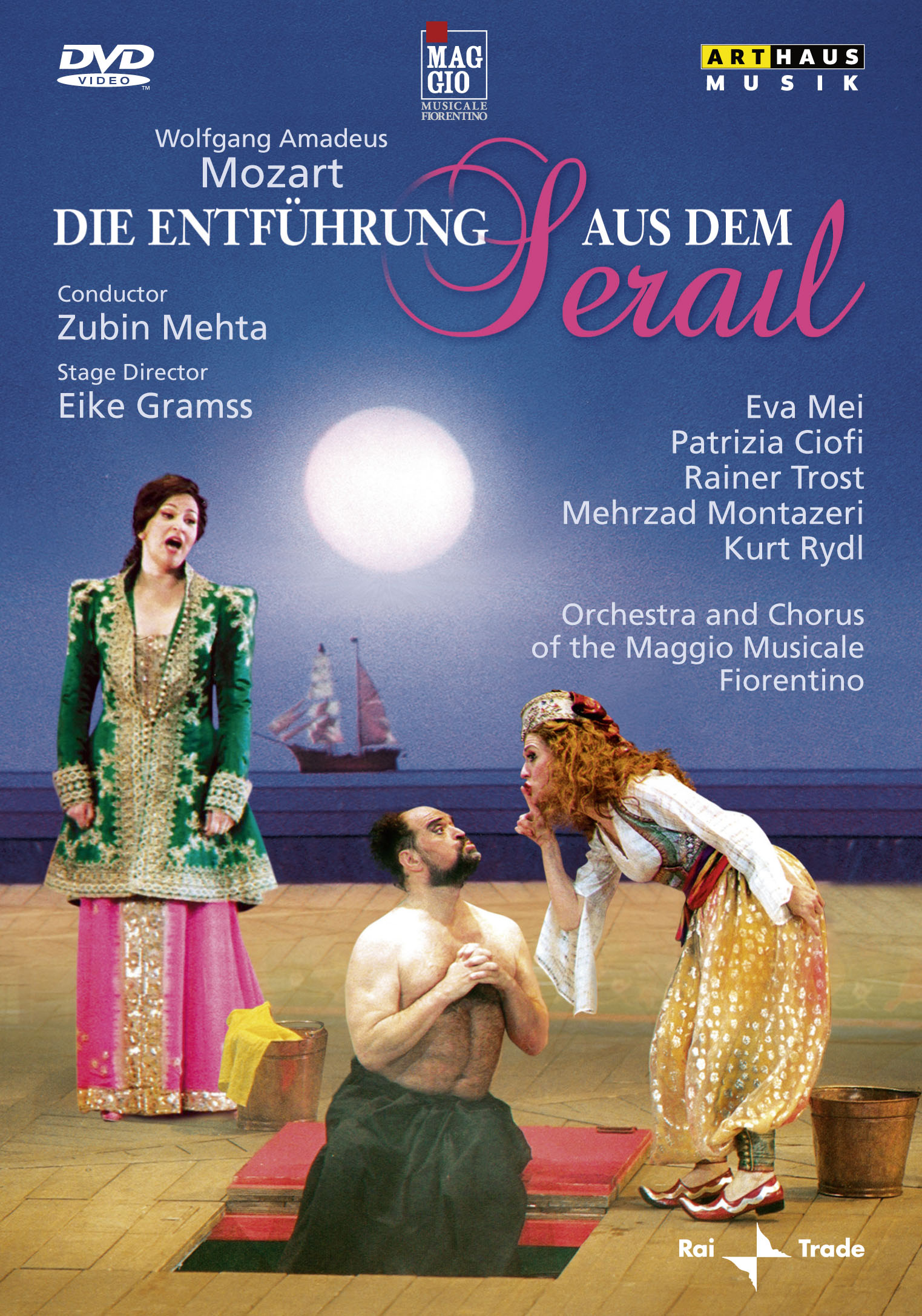


Wolfgang Amadeus Mozart
DIE ENTFÜHRUNG AUS DEM SERAIL
2002
Soloists:
Eva Mei, Patrizia Ciofi, Rainer Trost
Orchestra, Chorus:
Orchestra e Coro del Maggio Musicale Fiorentino
Conductor:
Zubin Mehta
Director:
Eike Gramss
Mozart’s Die Entführung aus dem Serail (The Abduction from the Seraglio) is an opera „Singspiel“ in three acts with spoken rather than sung dialogue. This DVD shows the impeccable performance of the majestic Teatro della Pergola Florence. The tenors Rainer Trost (Belmonte) and Mehrzad Montazeri (Pedrillo) sing with convincing excellence. The most demanding parts are sung with effortless passion by Eva Mei (Constanze). Her aria ‘Martern aller Arten’ is overwhelming; with the singer’s voice fusing beautifully with the solo instruments. This Italian production is admirable with all its colourful decorations and costumes in an oriental style. The music of Die Entführung aus dem Serail includes some of the composer’s most spectacular and difficult arias. In most of the scenes it reaches huge emotional depth and complexity. The world famous conductor Zubin Mehta who is known for his flamboyant and forceful performance gives this production its special flair. Together with this excellent conductor and the fabulous singers, this concert promises to be an outstanding listening pleasure for the audience.
Label:
Arthaus Musik
Genre:
Oper
Running Time:
136
Picture Format:
16:9
Sound Format:
PCM Stereo / Dolby Digital 5.1 / DTS 5.1
Number of Discs:
1
Region:
0
Subtitle Languages:
GB, DE, FR, ES, IT, CN
EAN:
0807280710991
UPC:
807280710991
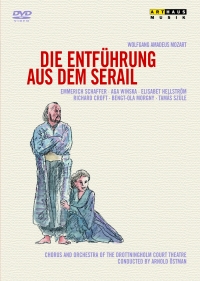
Wolfgang Amadeus Mozart
Set in the exotic seraglio of the Pasha Selim, the story revolves around the rescue of the lovely Constanze by her lover Belmonte – a tale of love, bravery and forgiveness. In this work, Mozart breaks new ground in introducing dramatically rounded characters with recognisably human feelings and weaknesses. The work influenced and changed the(...)

Wolfgang Amadeus Mozart
Mozart composed his Singspiel “Die Entführung aus dem Serail” in 1781, encouraged by no one less than the Austrian emperor Joseph II in order to emphasise the importance of this “national” form of music theatre as opposed to the Italian opera. It was a great success during Mozart’s lifetime and has until today lost none of its magic. In(...)









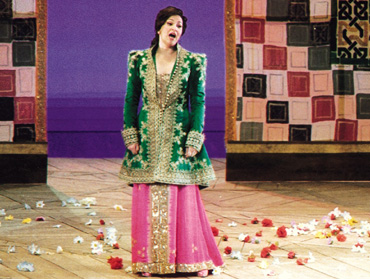
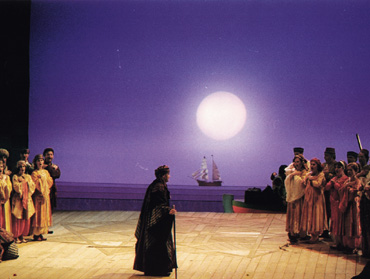
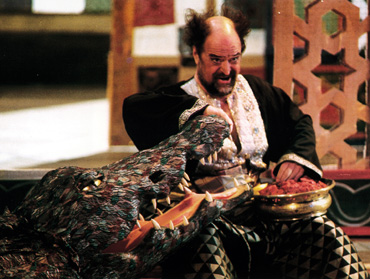
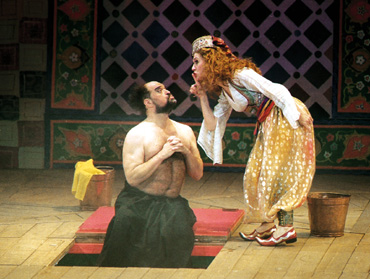
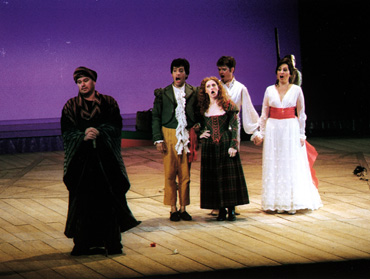
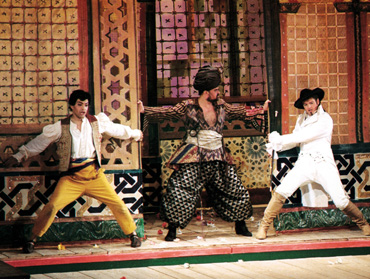
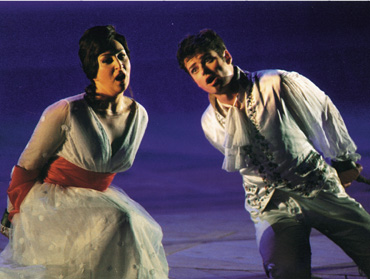
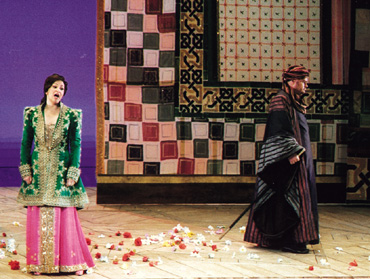
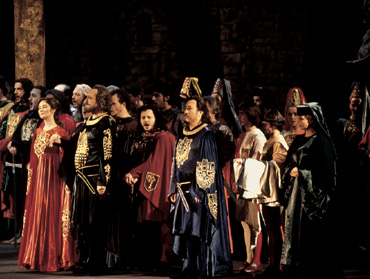

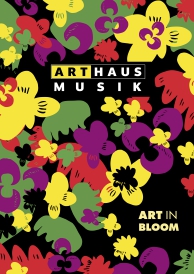 PDF Download (5,5 MB)
PDF Download (5,5 MB)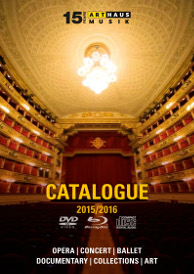 PDF Download (6,7 MB)
PDF Download (6,7 MB)